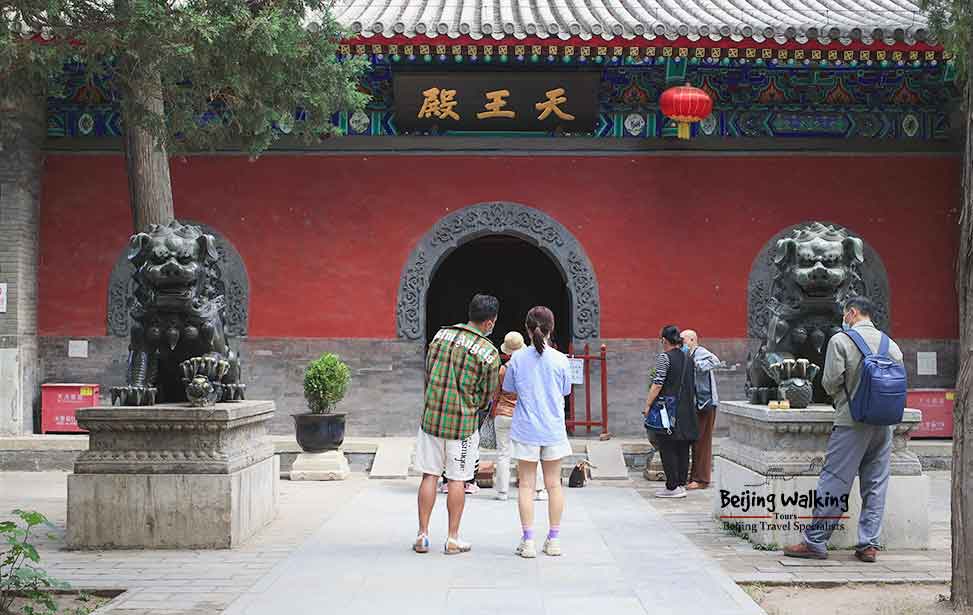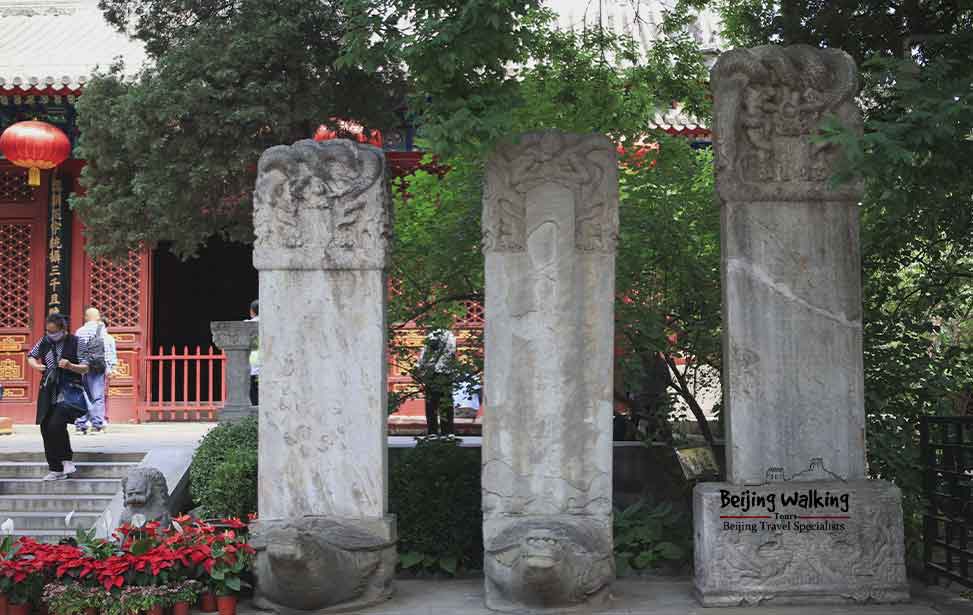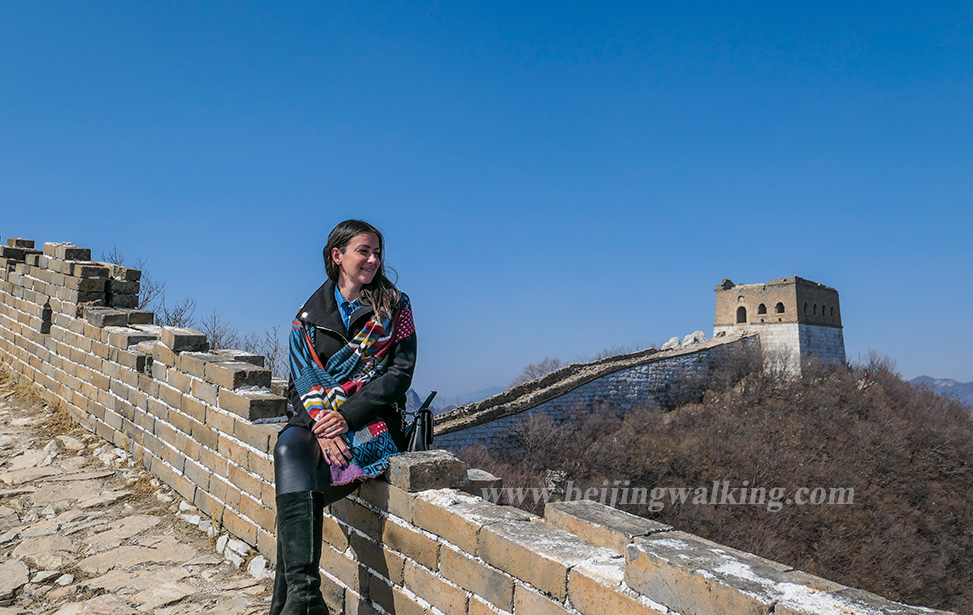Unlocking the Mysteries of Fayuan Temple in Beijing
History and Significance of Fayuan Temple
Steeped in history and rich in cultural significance, the Fayuan Temple holds a special place in the hearts of the Chinese people. The temple dates back to the Tang Dynasty, completed in 645 AD. Over the centuries, it has undergone renovations and expansions but has managed to preserve its original essence and architectural beauty. Fayuan Temple is considered one of the oldest Buddhist temples in Beijing and is renowned for its historical value and religious importance.
Fayuan Temple Open Time
9:00 AM to 4:30 PM except Monday
How to Get to Fayuan Temple?
Address: No. 7 Fayuan Temple, Xicheng District, Beijing 中国北京市西城区法源寺7号
Subway Line 4 to the Ping’anli Station and then walk for about 10 minutes to reach the temple
Architectural Features of Fayuan Temple
As you step into the sacred grounds of Fayuan Temple, you will be greeted by a mesmerizing display of architectural marvels. The temple complex is a harmonious blend of traditional Chinese architectural styles, with influences from the Tang, Song, and Ming dynasties. The main hall, known as the Mahavira Hall, is the focal point of the temple and houses the magnificent statue of Sakyamuni Buddha. The intricately carved wooden beams and pillars, adorned with vibrant paintings and calligraphy, showcase the exquisite craftsmanship of ancient Chinese artisans.
Cultural and Religious Practices at Fayuan Temple
Fayuan Temple is a place of worship and a center for cultural and religious practices. The temple offers various activities and events for visitors, such as Buddhist ceremonies, meditation sessions, and cultural performances. These experiences provide a deeper understanding of Buddhist philosophy and allow personal reflection and inner growth. Whether you are a devout follower of Buddhism or simply seeking a moment of tranquility, Fayuan Temple offers a nurturing environment for spiritual exploration and self-discovery.
Exploring the Main Attractions of Fayuan Temple
Main Hall (大雄宝殿): The Main Hall is the central building of the temple and houses a giant statue of Sakyamuni Buddha. Visitors can admire the intricate architectural details and experience the peaceful atmosphere of the hall.
Mahavira Hall (大方广佛殿): This hall is dedicated to the Maitreya Buddha, known as the future Buddha. It features stunning Buddhist paintings and statues, creating a serene ambiance for meditation and worship.
Tripitaka Pavilion (藏经阁): The Tripitaka Pavilion is a treasure trove of Buddhist scriptures and ancient texts. Visitors can explore the vast collection of Buddhist literature and gain insights into Buddhist philosophy.
Bell and Drum Towers (钟鼓楼): The Bell and Drum Towers in the temple complex are striking structures traditionally used for timekeeping and marking important events. They offer panoramic views of the surrounding area and are worth visiting for their historical significance.
Garden Courtyard (庭院花园): The Fayuan Temple also features a beautiful garden courtyard where visitors can relax and enjoy the serene surroundings. The courtyard is adorned with lush greenery, colorful flowers, and peaceful water features, creating a tranquil escape from the bustling city.
Nearby Attractions and Activities Around Fayuan Temple
Just a short walk from the temple, you will find the famous Niujie Mosque, an architectural masterpiece showcasing the harmonious coexistence of Islam and Chinese culture. And there is a lovely street where you can try authentic Beijing food.








